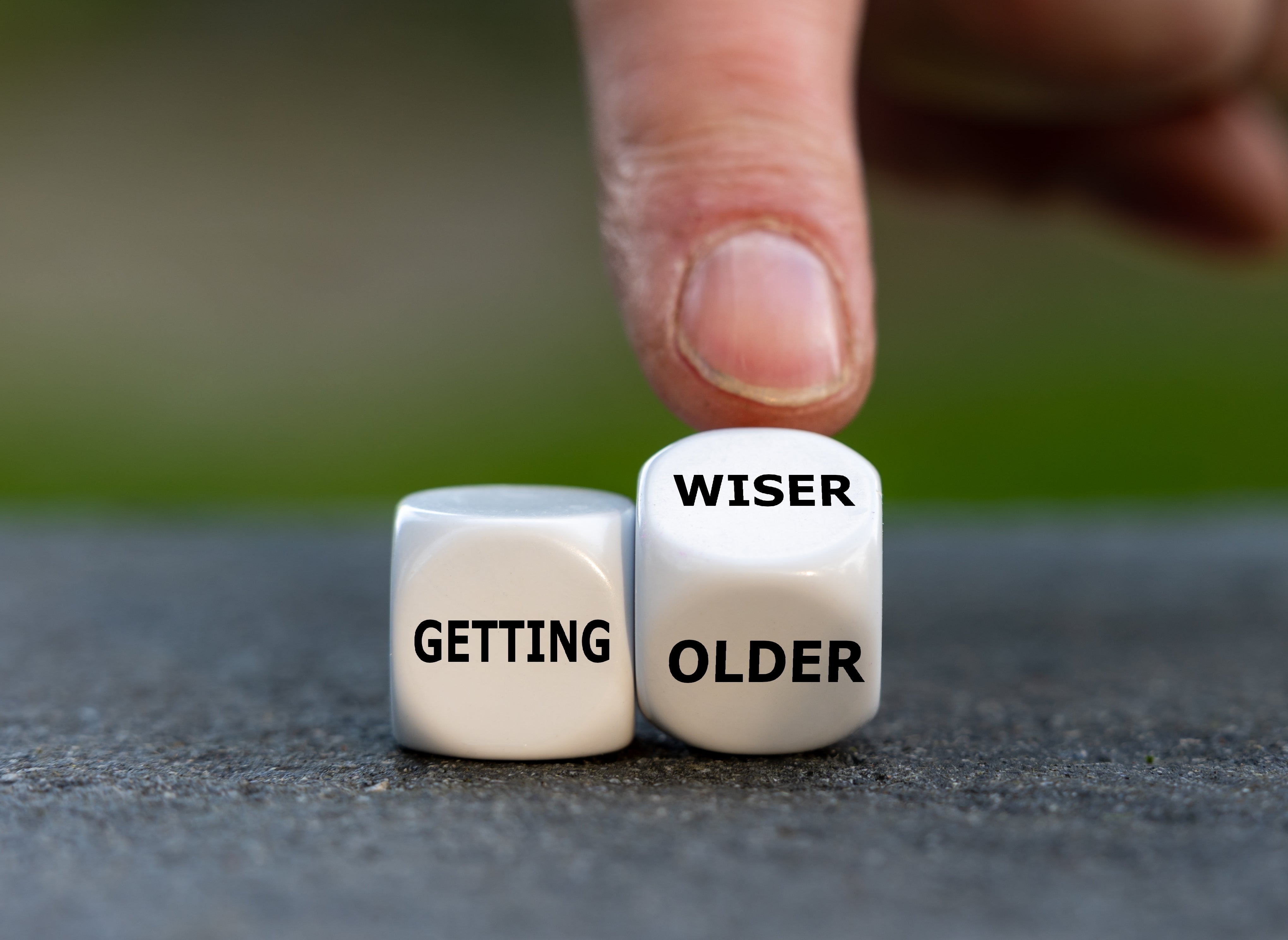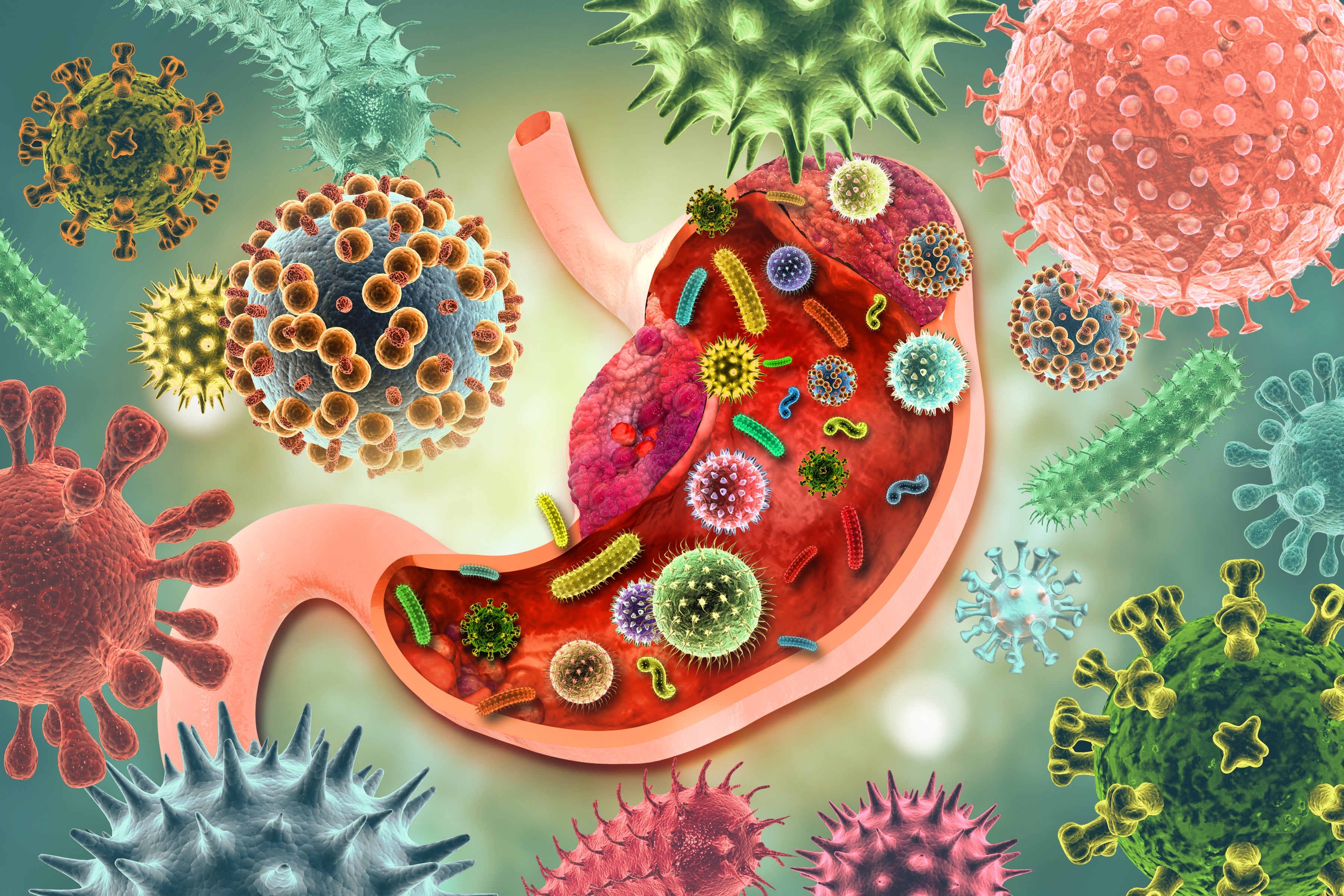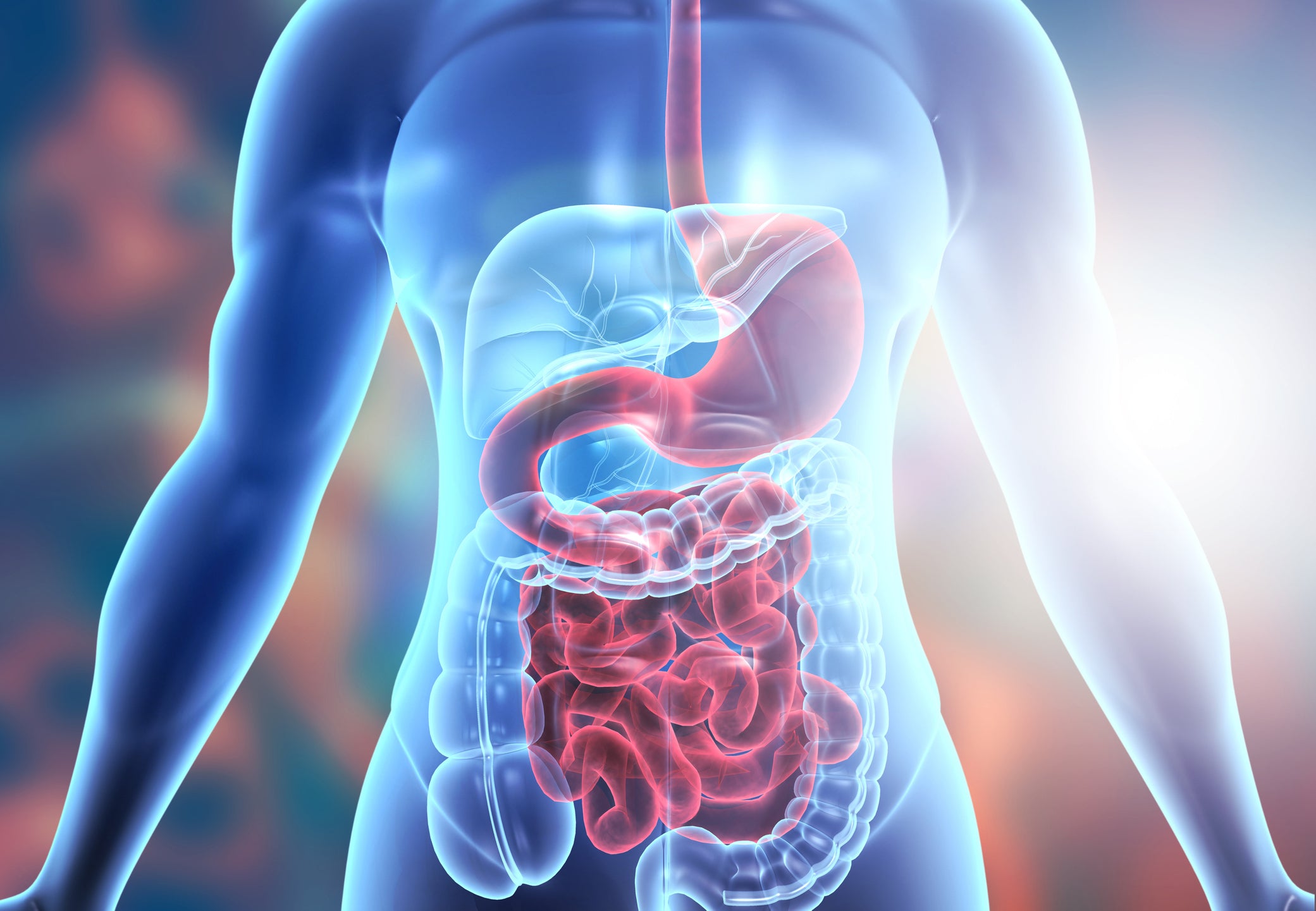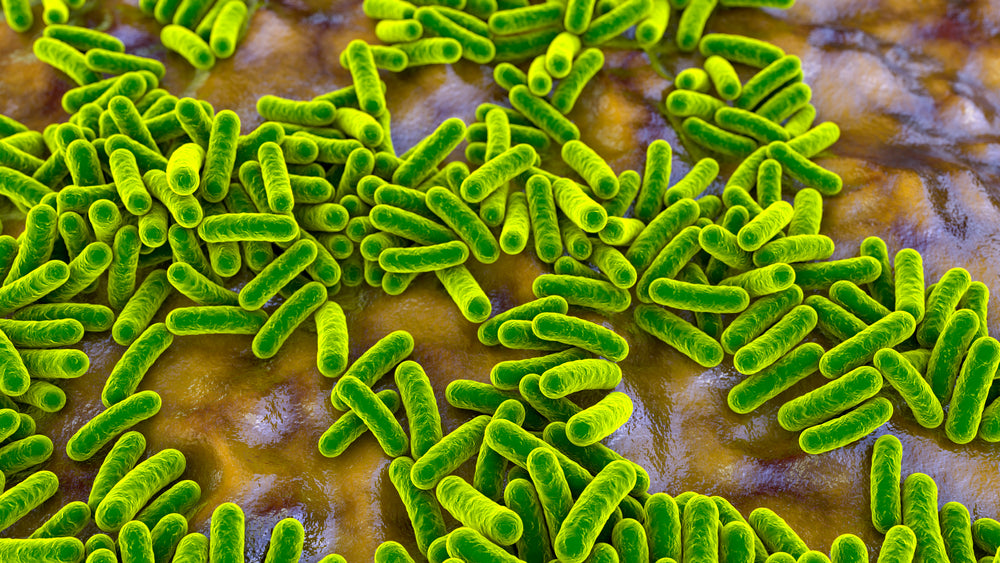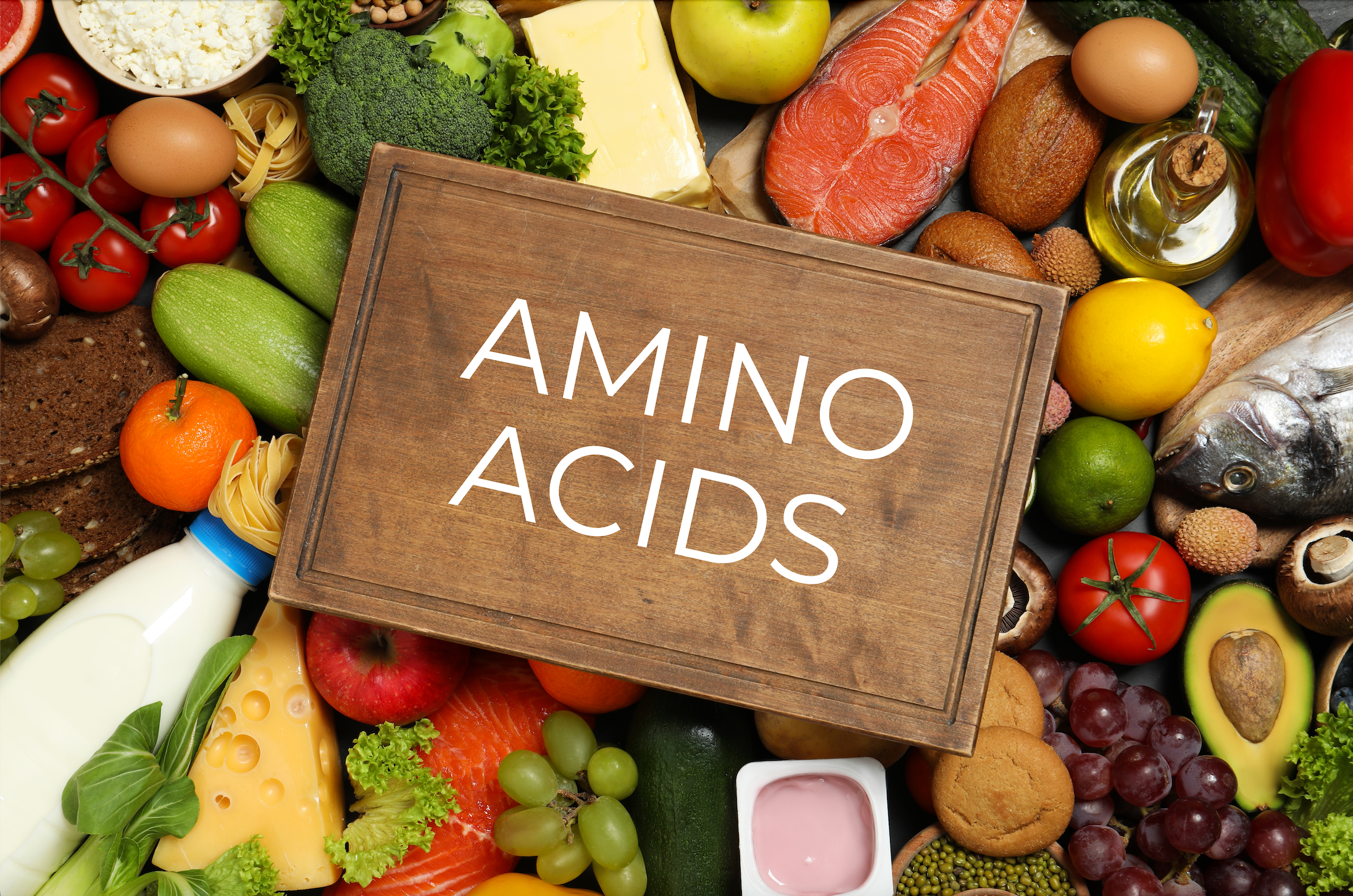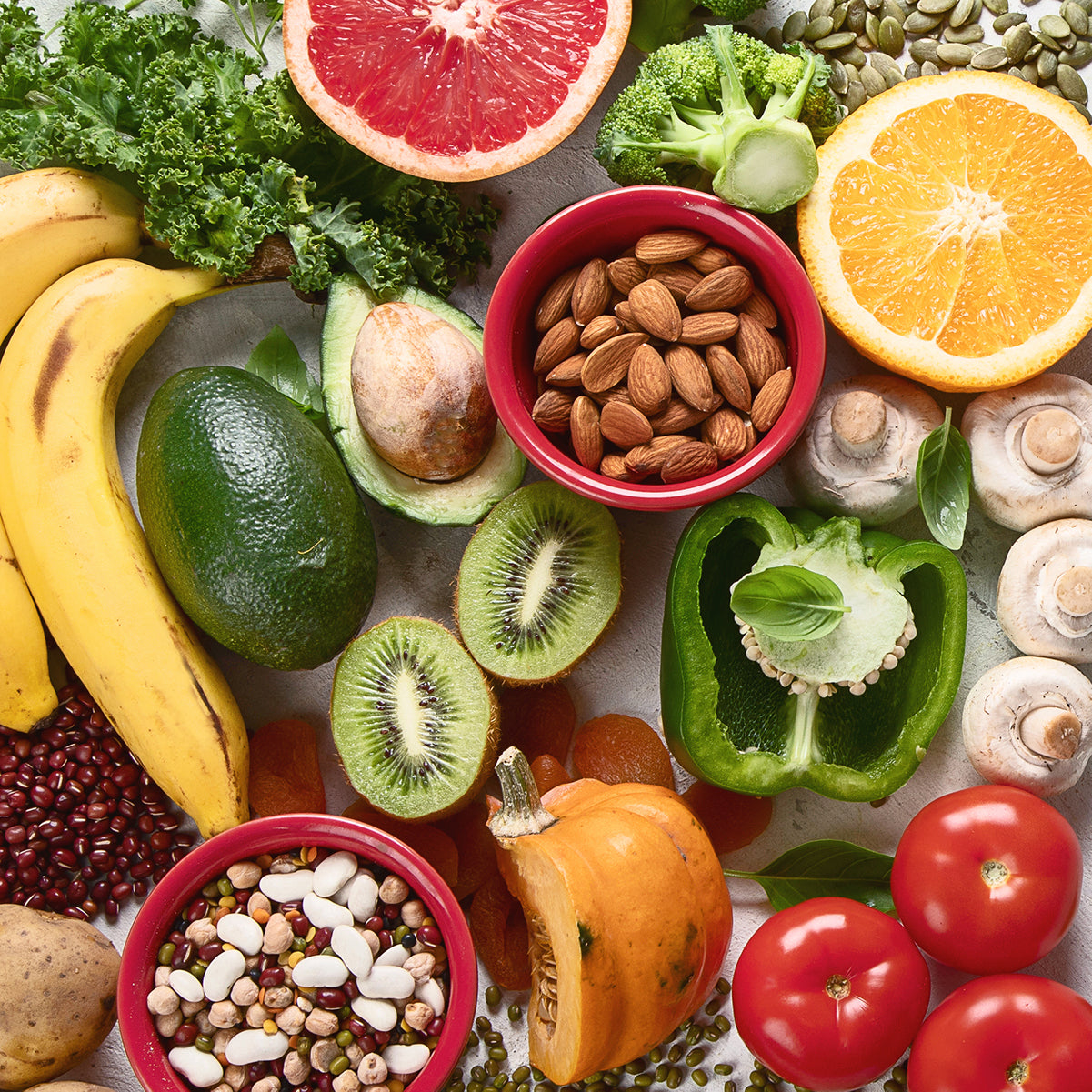Metabolism seems to be the magic word when we're talking about weight. Some of us think our metabolism is just 'slow' and that's the reason for weight gain. Or on the flipside, because someone is naturally lean they must have a 'fast' metabolism. We often hear that there are certain strategies to help us 'speed up' our metabolism. So what exactly is metabolism and how does it affect our weight?,/p>
Metabolism is defined as 'a process involving a set of chemical reactions in a living organism that create and breakdown energy for life.' Metabolism is the process of converting the energy from our food and drink into energy we can use. This process occurs when we're active and require energy, but it also occurs naturally to do simple, basic bodily functions like breathing and pumping blood around our system, even when we're just sitting doing absolutely nothing. This is called basal metabolic rate or what is often referred to as our 'metabolism.' It is the rate in which we burn energy at rest and accounts for about 70% of the total calories per burn every day.
The science shows that our basal metabolic rate is quite set, difficult to change and is mostly based on genetics. Put simply, you're either genetically predisposed to burning calories at a faster or at a slower rate. However one sure fire way to slow down your metabolism is by eating too little as our bodies detect starvation and will slow down your basal metabolic rate to retain that precious energy, making weight loss very difficult. Weight gain is often blamed on metabolism but this is rarely the case. Other factors that determine our basal metabolic rate are:,/p>
- Age - The older we get the slower our metabolism due to the decline in lean muscle tissue
- Gender - Men typically have a 'faster' metabolism than women due to their greater lean muscle mass
- Body size The greater a person's body size, the more muscle they will have to burn calories
- Eating Yes... eating actually burns calories from chewing and digesting to absorbing and then transporting, this process uses energy
- Physical activity This is the combination of everyday movement as well as structured activity and is the only factor, which we cannot only control, but is most variable.
Weight loss is a complex beast and has many variables. Changing your metabolism is virtually impossible so rather than focusing on that as a way to change weight, look at the many other factors that contribute to a calorie deficit that we know have a far greater impact on weight loss.
These include:
- Dietary intake - Particularly total calorie intake, by eating a little less than your body needs (taking into consideration exercise and activity) an energy deficit is created forcing your body to break down stored fat as energy, hence weight loss
- Hormones From insulin to cortisol, oestrogen to androgens, these hormones all impact our weight and weight distribution and can indeed be 'out of whack' and impact our ability to manage weight
- Stress This includes hormones but I like to look at it separately as it's a major factor in putting the brakes on weight loss due to the higher than normal cortisol in the blood which quite simply puts us in 'fat storage' mode
- Sleep and rest It's well known that lack of sleep and rest may contribute to weight gain so make sure to get your 8 hours each night and give your body a rest where you can
- Activity Aim for a combination of the following:
- General daily movement move as much through the day as you possibly can. Your goal should be a MINIMUM of 10,000 steps
- Aerobic or cardiovascular exercise aerobic or cardiovascular exercise is most efficient activity to burn excess calories
- Resistance exercise resistance or strength training builds muscle which burns more calories at rest
How effective our basal metabolic rate is at using energy is important but not a major factor in the management of our weight. Instead focus on making sure you're supporting your metabolism as best you can by not eating too little and including some resistance training into your exercise regime. Otherwise, look holistically at the other weight loss strategies that we're able to better control and that also have a far greater impact on weight loss.
References
http://www.health.harvard.edu/diet-and-weight-loss/does-metabolism-matter-in-weight-loss http://www.mayoclinic.org/healthy-lifestyle/weight-loss/in-depth/metabolism/art-20046508









